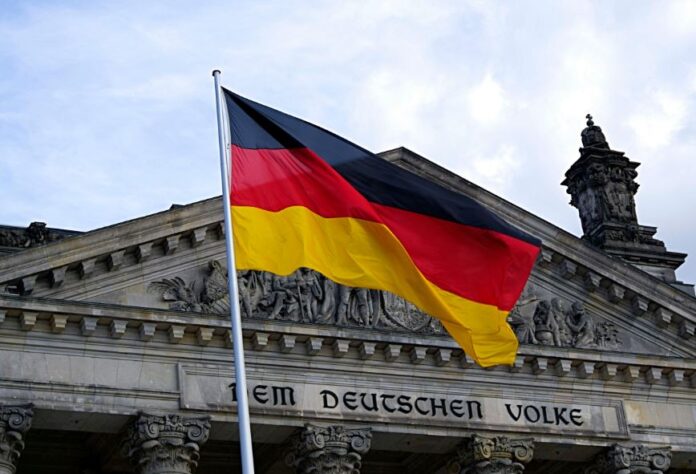Germany’s federal government is grappling with a significant rise in its welfare budget, with projected costs for 2025 soaring from €36 billion to nearly €46 billion. The labor ministry’s latest estimates suggest that approximately 2.9 million people will require state assistance, contributing to the unexpected increase in expenditure.
The budget hike has ignited a political debate, with the right-wing Alternative for Germany (AfD) party attributing the rise largely to the country’s foreign population. Citing that nearly half of welfare recipients are foreign nationals, the AfD has called for stricter immigration policies and mass deportations as a means to alleviate the financial burden on the welfare system.
The issue is expected to fuel further discussions on immigration and welfare reforms as the government seeks to balance fiscal responsibility with social support needs.
Key Points:
- Germany’s welfare budget for 2025 is projected to increase from €36 billion to €45.6 billion.
- The rise is attributed to an estimated 2.9 million people requiring state assistance.
- The right-wing AfD party has linked the surge in welfare costs to the high number of foreign nationals receiving support, accounting for nearly half of the recipients.
- AfD has called for mass deportations and stricter immigration policies to reduce welfare expenditures.
- The budget increase has sparked political debate on immigration and welfare reform in Germany.



